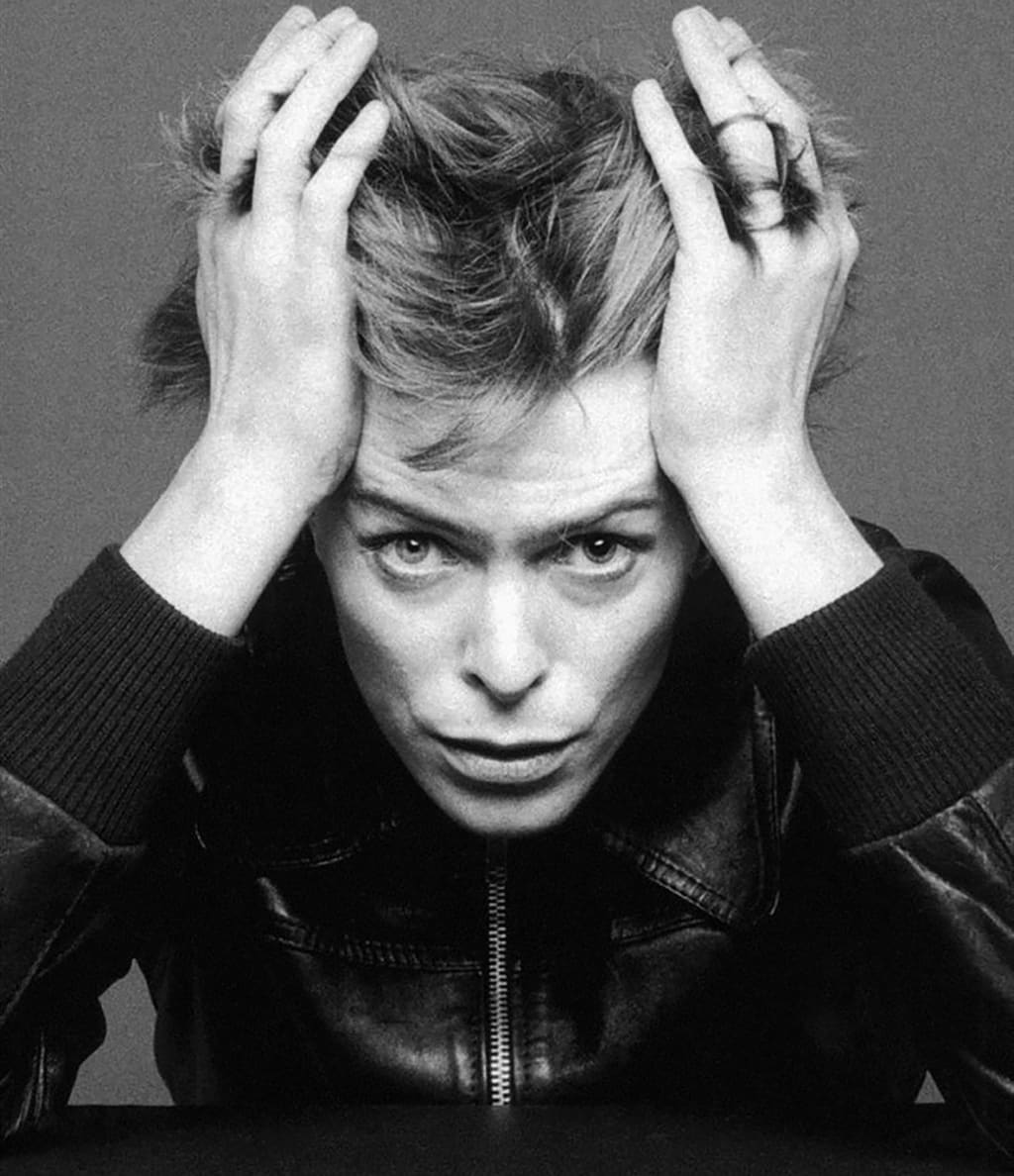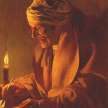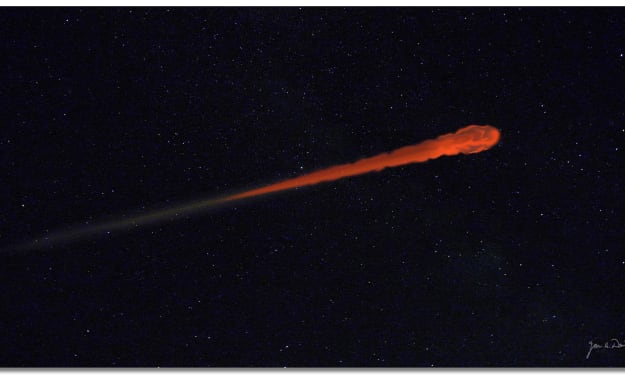David Bowie's 'Heroes,' Brian Eno's Influence
Heroes' high point, a skillful thirteen and a half minute navigation of inner space, demonstrates the depth of influence that Brian Eno, Kraftwerk, and Tangerine Dream had on David Bowie.

When attempting any serious evaluation of David Bowie's work, it's best to concentrate solely on the success or failure of his music, and not permit his formidable media persona to become involved in the scope of analysis. It's pretty obvious to anyone who followed his career that he most likely regarded his musical and cinematic undertakings as merely means to a much larger creative and evolutionary end.
His iconic record, Low, was easily one the best he had ever done, a cleverly constructed and flawlessly executed tribute to the avant garde.
Heroes is in the same stylistic camp as Low, but doesn't seem to be realized quite as successfully. The two albums are similarly constructed: the first sides comprised of short vocal tunes, the second sides primarily of instrumental music. Bowie was again aided by the redoubtable Brian Eno on electric keyboard, as well as his sturdy rhythm section of Carlos Alomar, George Murray, and Dennis Davis. Heroes' added attraction is the presence of Robert Fripp, the brilliant and highly original guitarist who led King Crimson for six years.
Bowie made effective use of Fripp's talents in a typically subtle way: by mixing his multiple snake-like guitar lines down to where they form a quietly seething well of sound. The few times Fripp was permitted an actual solo, his signal is so heavily processed by Eno's synthesizer that it loses any identity as a guitar. This approach is, of course, consistent with the album's overall sound.
The sonic density of Heroes' first side is initially a bit annoying, in fact. The first two tracks, "Beauty and the Beast" and "Joe the Lion" suffer from the perhaps over conceptualized production. The album's most interesting song is "Blackout," a frantic, nightmarish evocation of some sort of psychotic episode.
The instrumental pieces on the second side are quite well done, though not as striking as their counterparts on Low. The trilogy of "Sense of Doubt," "Moss Garden," and "Neukoln" is Heroes' high point, a skillful thirteen and a half minute navigation of inner space that demonstrates the depth of influence people like Eno, Kraftwerk, and Tangerine Dream had on Bowie.
Bowie's own contribution to this drumless genre of program music seemed to be more spiritual than technical. His futuristic world view and magnetic personality were strong aids to the communication of this still then obscure cultural form. It doesn't seem to matter much that he was a latecomer to these innovative approaches, because he gives the appearance of getting behind them with such sincerity.
Maybe, as has been often suggested, Bowie's was just an amazing actor, playing the part of a rock star. You'll have to decide for yourself, but the fact remains that he was always taking daring chances that were quite unprecedented in the world of rock superstars.
About the Creator
Arnold Seleskey
Nocturnal writer still working on first novel.






Comments
There are no comments for this story
Be the first to respond and start the conversation.